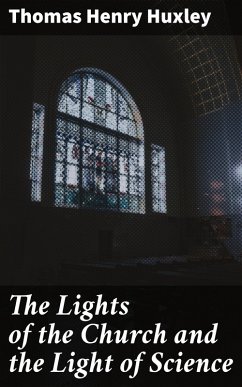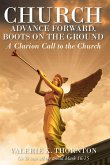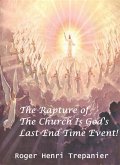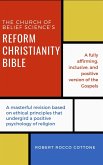In "The Lights of the Church and the Light of Science," Thomas Henry Huxley embarks on a critical examination of the relationship between religion and science during the Victorian era. Huxley employs a rigorous analytical style, combining empirical evidence with eloquent prose to dissect the often contentious dynamics between faith and reason. This work is contextualized within the broader discourse of the time, reflecting the intellectual fervor surrounding Darwinian evolutionary theory and its implications for established religious doctrines. Huxley's nuanced arguments illuminate the need for a reconciliation between scientific inquiry and religious belief, positioning the two not as adversaries but as different ways of seeking truth. As a prominent biologist and a fierce advocate for science, Huxley's personal journey was marked by his commitment to rational thought and empirical evidence. His background as a self-taught naturalist and an influential voice in the burgeoning scientific community shaped his worldview. The tensions he observed between traditional religious beliefs and emerging scientific paradigms fueled his desire to clarify the coexistence of these spheres, making this book a pivotal work in understanding the complex interplay of faith and science. Readers seeking to navigate the intricate relationship between scientific progress and religious faith will find Huxley'Äôs insights invaluable. "The Lights of the Church and the Light of Science" challenges preconceptions and offers a balanced perspective, making it essential reading for both scientists and theologians, as well as anyone interested in the philosophical underpinnings of education and belief.
Dieser Download kann aus rechtlichen Gründen nur mit Rechnungsadresse in A, B, BG, CY, CZ, D, DK, EW, E, FIN, F, GR, H, IRL, I, LT, L, LR, M, NL, PL, P, R, S, SLO, SK ausgeliefert werden.









